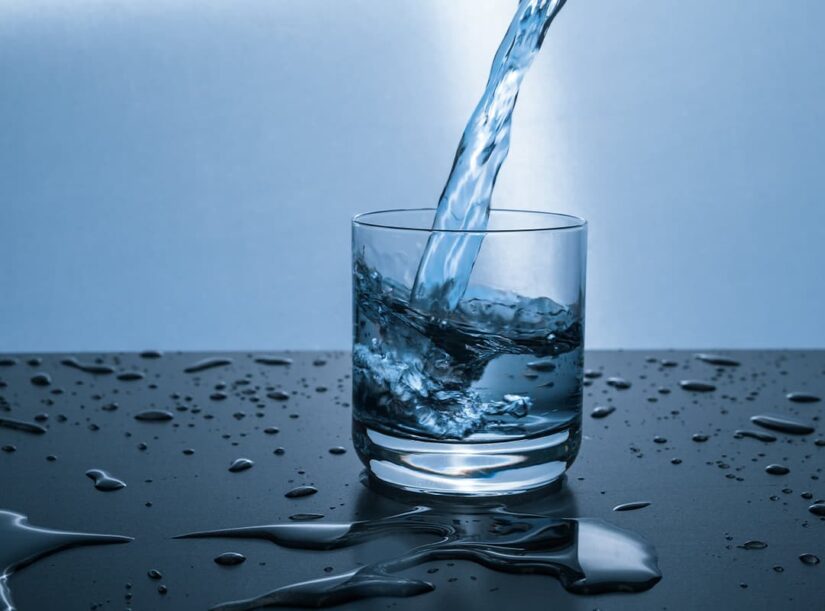All about water: how much to drink and why
Water is a vital element for the human body. It is involved in many biological processes, such as transporting nutrients, eliminating toxins, regulating temperature, maintaining blood pressure, and moisturizing tissues. Without enough water, the body’s functioning can be impaired.
But where is this limit? What is the daily water intake for an adult? Let’s find out today once and for all!
The norm of water per day for an adult
Every source used to say – drink 2 liters of water a day! And this was considered the right amount. Regardless of gender, age and weight, the number 2 was always flashing. But now we have enough scientific evidence to say that this rule doesn’t work.
So how much water should you drink? Today, there is no definitive answer to this question. However, there are general recommendations and formulas that will help you navigate this issue.
So how much water should you drink? Today, there is no definitive answer to this question. However, there are general recommendations and formulas that will help you navigate this issue.
What else affects water intake?
The need for fluids depends on many factors, such as body weight, age, climate, physical activity, health status, and even diet. How do they affect you?
Let’s start with age. Over the years, the percentage of water in the human body decreases. In newborns, it is about 75%, in children – about 65%, in adults – 60%, and in the elderly – 50%. This means that with age, the rate of water per person increases to maintain an optimal level of hydration. In addition, the feeling of thirst decreases with each year of life. Therefore, older people need to make sure that they drink water regularly, even if they do not feel thirsty.
When it comes to gender, women have less water in their bodies than men due to their different body structure. Women have more adipose tissue (which contains little water) and less muscle tissue (which contains much more water). Therefore, women have a higher water requirement than men, all other things being equal. In addition, women lose more fluid during menstruation and pregnancy. During these periods, they need to increase the amount of water they consume.
Another important factor is the level of activity. The more you move and sweat, the more you lose fluids and electrolytes from your body. Therefore, people who play sports or do physical work need to drink more water than people with a sedentary lifestyle.
Of course, the presence of various ailments also affects the water intake. If you suffer from any kidney, heart, liver, or gastrointestinal disease, your water intake should be discussed with your doctor. Because an excess or lack of fluid can negatively affect your condition. If you follow a certain diet or eat mostly dry foods (bread, crackers, nuts), your water intake should be higher. These foods absorb fluid from the body and can cause dehydration.
